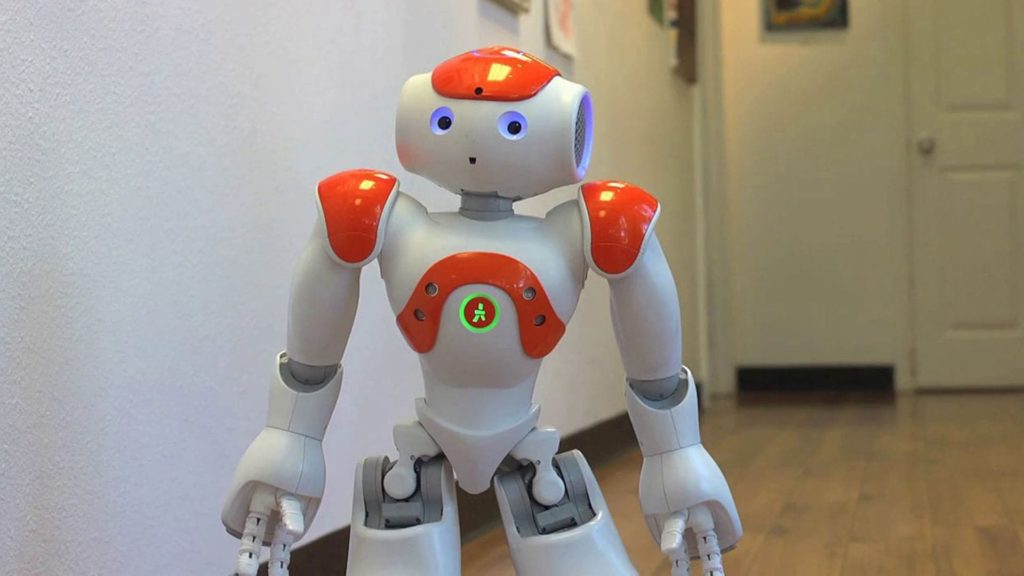Enea’s researchers have developed a robot and a software interface that suggests how to save energy thanks to Big Data analysis and AI
Technology in support of the environment and the pocket. Enea researchers, in partnership with SoftBanck Robotics, have designed a robot and a software interface that save energy at home and reduce bill costs thanks to Artificial Intelligence. Nao – this is the name of the nice robot – is in fact able to “talk” with the devices in the house (motion sensors, temperature detectors, thermostats, latest generation appliances, intelligent doors and windows) and report any malfunctions, dangers or waste. A sort of talking cricket connected to a smart home: “It’s a machine that knows how to talk to machines very well but can also talk to people – explains Andrea Zanela, researcher at the Enea Laboratory of Robotics and Artificial Intelligence – and acts as an interface with the inhabitants of the house. Thanks to AI, he is able to recognize a series of objects as glasses. We can ask him to find them for us, for example. Unlike the others, it’s a sensor that can go around the house and be very useful. If we forget a pot on the fire, it can recognize a danger and even come looking for us to warn us.
Nao, the “energy-saving” robot
The project is based on the technologies underlying home automation. The researchers of Enea have in fact developed a ‘brain’ that brings together the data collected by sensors scattered around the house and analyzes them to understand consumption and suggest how to save. Nao is the terminal of this complex system. The robot is about sixty centimetres tall, has a humanoid smiling face, “interrogates the sensors in the house, answers simple questions, about faults and can communicate with people. One of the indications you can give me is, for example, how many times I open the window because maybe I consume a lot, too much, for the heating. Or you can warn me that I left the light on, or the TV, and I can turn it off remotely. For the moment, the project has been launched on an experimental basis in a dozen houses in the Roman district of Centocelle, where as many families live and act as ‘pilots’ for this technology. The aim of the researchers at Enea is to improve the system and “get” Nao into as many houses as possible: “We want to create awareness to educate people to behave more energetically and virtuously at home. In two years of experimentation we have calculated that a family saves on average 8%. That in euro does little, but it’s a first step”.
